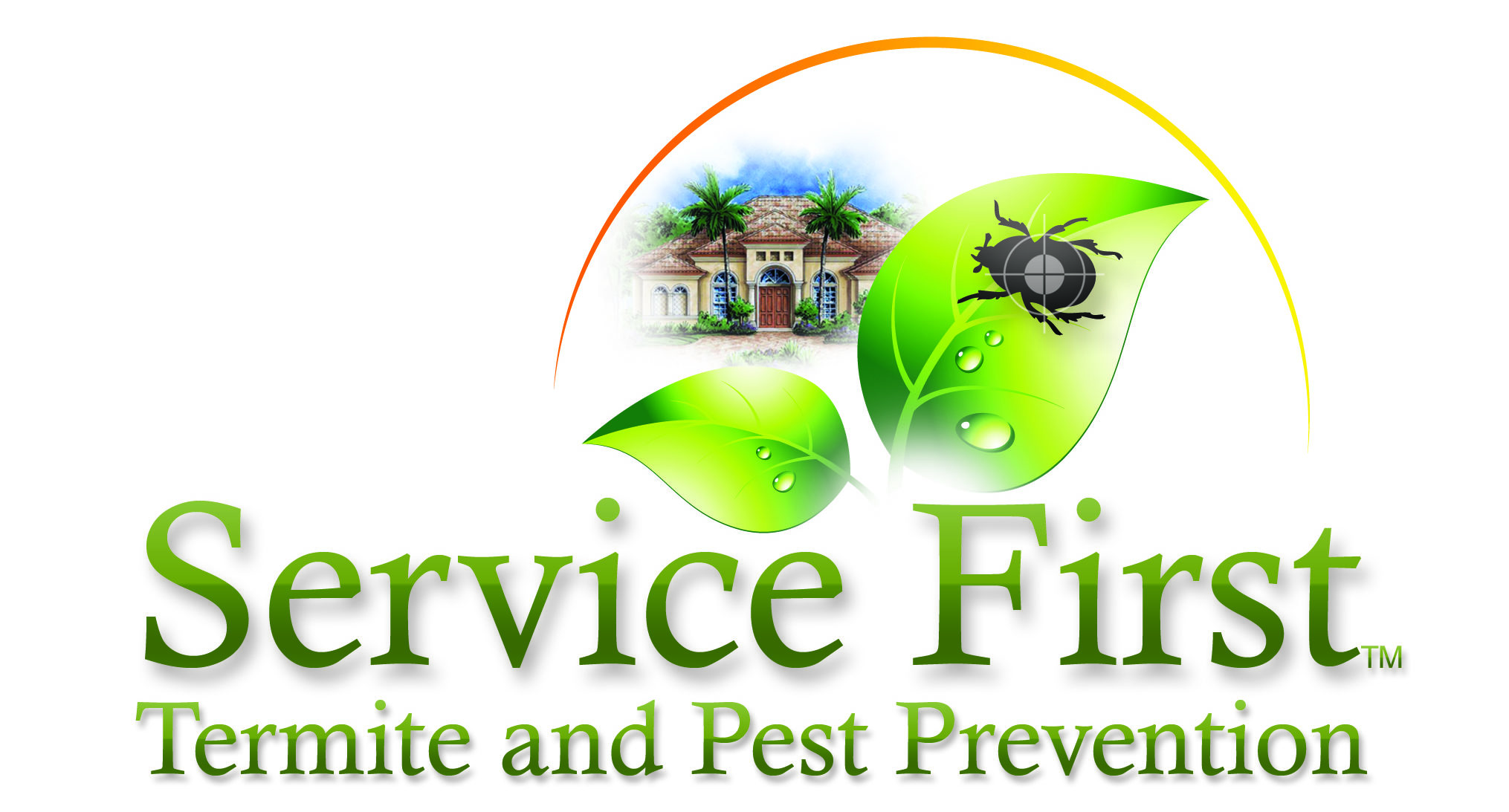icking out the perfect tree for the holidays is part of the fun of the season. However, when you bring a tree into your home, although beautiful, you are introducing nature into your living room and that can include insects!
While many insects that were already on the tree die of dehydration, some can awaken once the tree is inside and any eggs that may have been laid can hatch. Most tree farms do spray their trees for bugs, but some do survive.
Below are some of the commonly found insects on Christmas trees.
Ticks- They commonly will be found at the base of the tree and they can even lay up to 2,000 eggs! Aphids have also been reported on Christmas trees and are sometimes mistaken for ticks, but unlike Ticks, they are not harmful to people or pets.
Spider Mites– They look like small brown and red dots and feed on the tree itself, while creepy, they do not normally bother people.
Praying Mantis– These insects frequently attach to the tree limbs and their eggs will begin to hatch after being indoors for several weeks. To avoid bringing these in, look for light tan, quarter-sized, frothy egg masses on the tree before it is taken indoors. Cut out any small twig with an attached egg mass relocate it to a shrub or tree outdoors.
Preventing introduction of these pests into your home is the best way to avoid these unwanted holiday guests. Below are some tips to look for when selecting your tree.
● Most tree lot retailers who sell trees will have a mechanical tree shakers, which can be very beneficial in reducing your risk. If one is not available, be sure to give it a solid shake to dislodge any pests (and any loose needles!)
● Do not use an aerosol insect spray on your tree. They will not only damage the tree, they are also flammable and pose a serious fire hazard.
● If you spot a bird nest, remove it immediately. They may contain bird parasites such as mites and lice.
While some trees may have some pests on them, keep in mind most will be free of these hitchhikers. If you do find yourself with a heavily infested tree, remove it from the home immediately and contact a pest control professional.
Happy Holidays!

